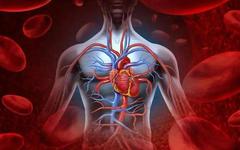
Long-term blood deficiency may lead to Yin deficiency, especially kidney Yin deficiency. Blood deficiency refers to insufficient blood quantity or quality, which fails to nourish various parts of the body adequately. Over time, this can lead to depletion of Yin fluids, resulting in internal heat due to Yin deficiency. Kidney Yin plays a role in moistening and calming the body, so when blood deficiency persists, it can affect the normal functioning of kidney Yin, thereby triggering kidney Yin deficiency.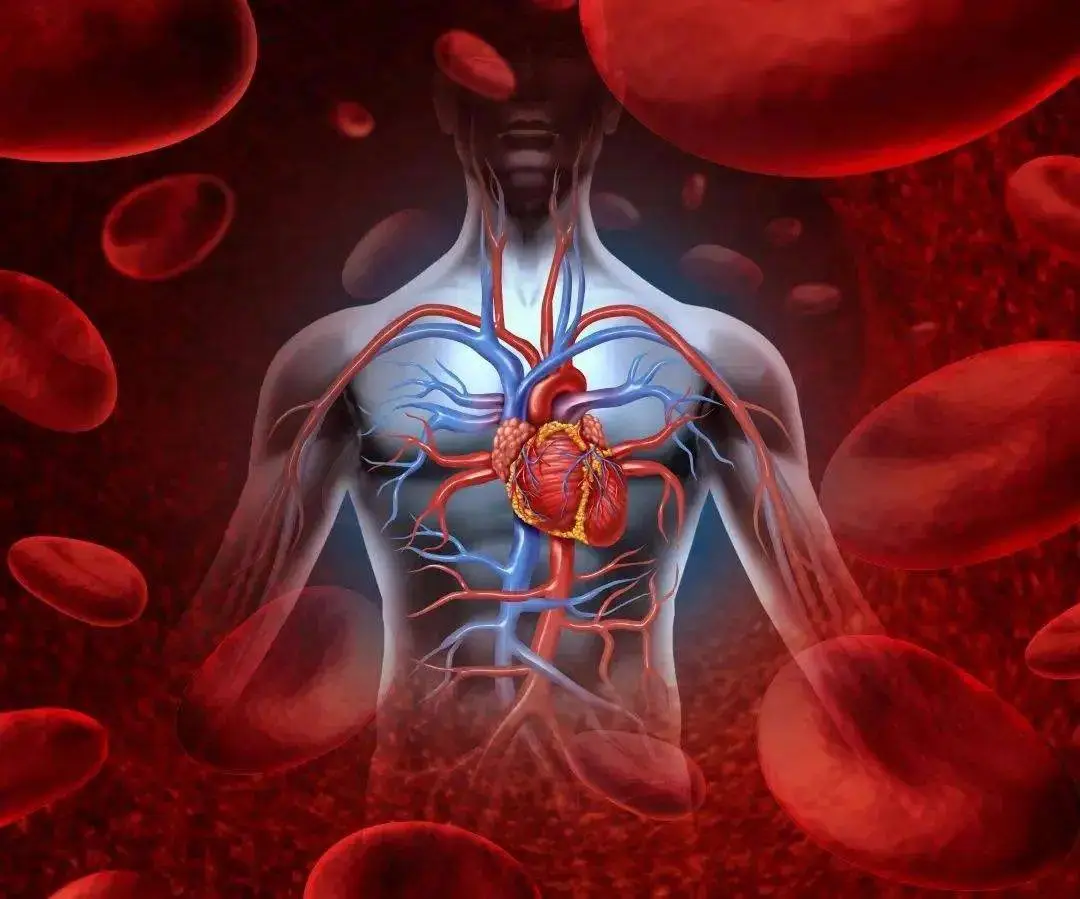 Prolonged blood deficiency can lead to a series of symptoms, including but not limited to:
Prolonged blood deficiency can lead to a series of symptoms, including but not limited to:
pale complexion or lack of luster, dry skin, and loss of elasticity, with a tendency to develop flaking, petechiae, or bruises.
Frequent feelings of fatigue, lack of energy, and diminished physical strength and endurance, with fatigue becoming more pronounced after prolonged work or exercise. Possible occurrences of palpitations, rapid or irregular heartbeat. Sleep issues, such as insomnia, vivid dreams, waking easily, or difficulty falling asleep.
Dizziness, a heavy head, which becomes more pronounced upon standing or moving, and possible vertigo, blurred vision, tinnitus, or hearing loss.
Women may experience menstrual irregularities, such as irregular cycles, scanty dark flow, or even amenorrhea. Hair may become dry and prone to falling out, and nails may become thin, brittle, or discolored.

Long-term blood deficiency can also lead to a series of serious consequences, primarily including:
Anemia: Chronic blood deficiency can cause insufficient oxygen supply to tissues, accompanied by fatigue and dizziness, and in severe cases, can lead to difficulty breathing.
Heart failure: Blood deficiency can increase the load on the heart, potentially leading to myocardial damage, which can result in heart failure. Patients may experience difficulty breathing, edema, and fatigue, and in severe cases, it can be life-threatening.
Neurological dysfunction: Long-term blood deficiency can affect blood supply to the brain, leading to symptoms such as memory loss, sluggish thinking, insomnia, and vivid dreams.
Digestive dysfunction: Blood deficiency can lead to improper functioning of the spleen and stomach, resulting in insufficient production of Qi and blood, further exacerbating the state of blood deficiency. Symptoms may include poor appetite, abdominal bloating, diarrhea, and a pale yellow complexion.
Decreased immunity: Blood is an important carrier of nutrients, and long-term blood deficiency can lead to decreased immune function, with patients experiencing frequent infections and recurrent colds. In severe cases, it may even trigger chronic diseases or tumors.
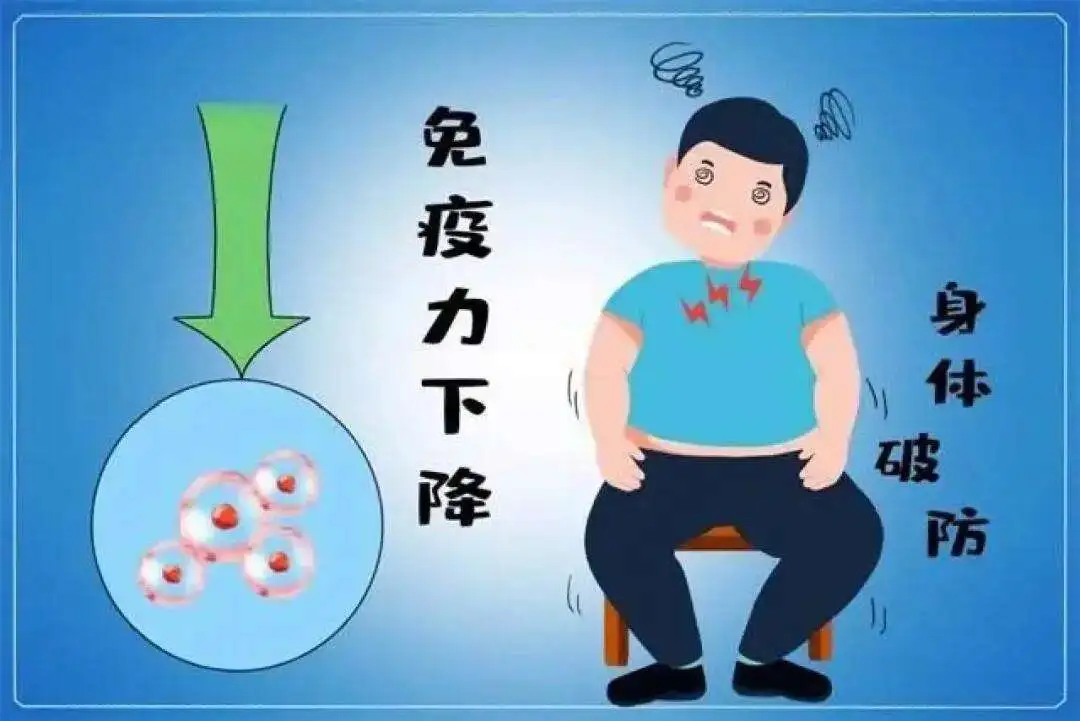
Blood can be replenished through nourishing foods.
Red Dates, Ginseng: Nourish Qi and Blood
Red dates are foods that nourish Qi and blood.
It is well known that dates enter the spleen and stomach, and the spleen generates blood, being the source of Qi and blood production. By using red dates to strengthen the spleen, it can enhance the body’s blood production capacity.
In the “Shang Han Lun,” ginger and dates are often added to prescriptions to warm the stomach with ginger and strengthen the spleen with red dates, thereby increasing the body’s Qi and blood and enhancing material reserves.
 Ginseng is a powerful herb for replenishing Qi and blood, capable of nourishing blood while also replenishing Qi, achieving a dual effect. It is important to note that using solely blood-nourishing and rich herbs can increase dampness in the body, leading to sticky stools and obesity; merely nourishing blood without replenishing Qi can cause blood to sink, resulting in varicose veins in the legs; and focusing solely on blood nourishment while neglecting the spleen’s absorption can lead to poor absorption of blood-nourishing components, further burdening the spleen. Therefore, it is advisable to combine ginseng with some spleen-strengthening herbs to enhance absorption and prevent excessive dampness from blood nourishment; additionally, incorporating some Yin-nourishing and heat-clearing herbs can help prevent internal heat and counteract stomach and gallbladder reflux.
Ginseng is a powerful herb for replenishing Qi and blood, capable of nourishing blood while also replenishing Qi, achieving a dual effect. It is important to note that using solely blood-nourishing and rich herbs can increase dampness in the body, leading to sticky stools and obesity; merely nourishing blood without replenishing Qi can cause blood to sink, resulting in varicose veins in the legs; and focusing solely on blood nourishment while neglecting the spleen’s absorption can lead to poor absorption of blood-nourishing components, further burdening the spleen. Therefore, it is advisable to combine ginseng with some spleen-strengthening herbs to enhance absorption and prevent excessive dampness from blood nourishment; additionally, incorporating some Yin-nourishing and heat-clearing herbs can help prevent internal heat and counteract stomach and gallbladder reflux.
Peanuts: Nourish Blood
Peanuts have a strong blood-nourishing effect due to their red skin. Traditional Chinese Medicine believes that peanuts can harmonize the spleen and stomach, promoting blood production. The red skin of peanuts is itself a medicinal material, known as “peanut red skin,” which is a small powerhouse for blood production. After childbirth, some mothers may experience insufficient milk; a simple remedy is to cook a soup with peanuts, pig trotters, and Tongcao (a herb that opens the meridians). Peanuts can greatly nourish the spleen and stomach, generating Qi and blood. Pig trotters can also increase gelatinous nutrition, while Tongcao can open the meridians, allowing for a continuous supply of milk. Modern research has confirmed that peanut skins are rich in iron and anthocyanins, with iron promoting the formation of red blood cells, which are the most important component of blood. Thus, peanut red skin can be considered a blood tonic.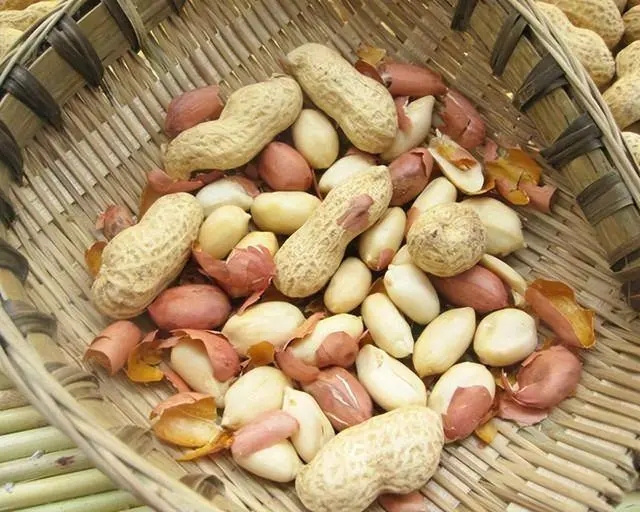
Mulberries, Longan: Nourish Blood and Heart
As previously mentioned, mulberries are like the “Six Flavor Rehmannia” of fruits; when unripe, they enter the liver; when ripe, they enter the heart; and when black, they can enter the kidneys to nourish them.
Thus, mulberries are a fruit that can nourish both blood and heart, as well as nourish Yin and kidneys. By nourishing blood and Yin, they can replenish the body’s fluids and blood, leading to a more radiant complexion and anti-aging effects.
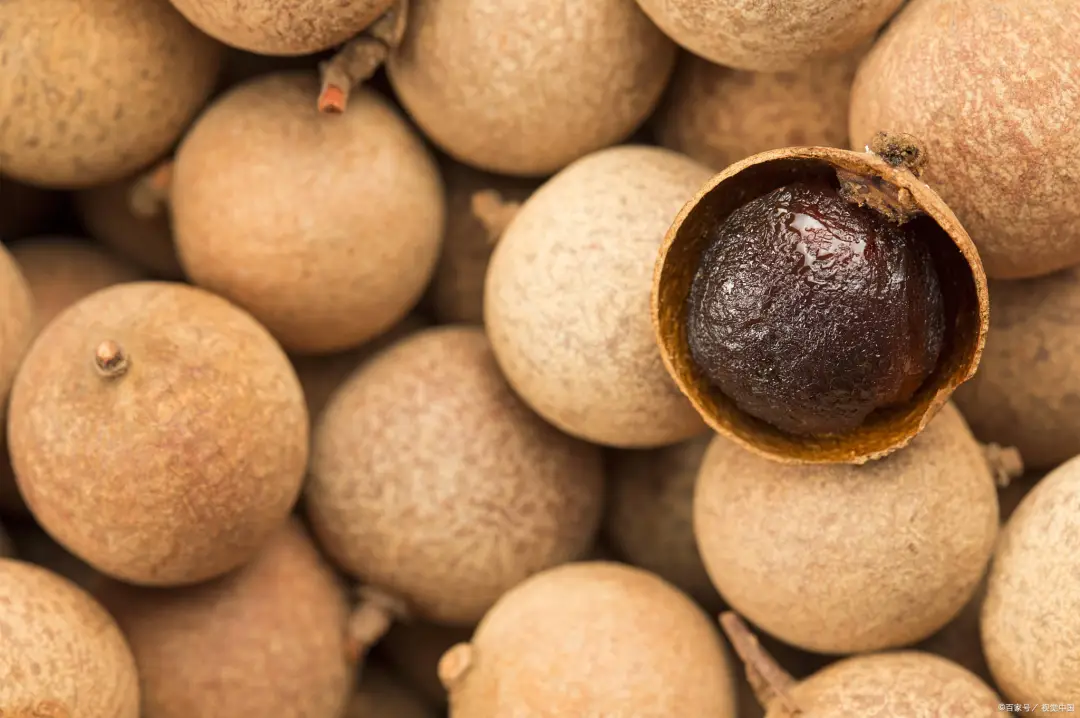
Longan is the queen of blood-nourishing fruits.
Longan, also known as dragon eye fruit, specifically nourishes blood, especially heart blood. Those who engage in mental work may easily deplete heart blood. When heart blood is insufficient, it can lead to insomnia, vivid dreams, and a poor complexion.
Longan is sweet and is known for its ability to nourish heart blood, addressing issues arising from heart blood deficiency. The famous Gui Pi Decoction is a formula for treating both heart and spleen deficiency, which includes longan meat.
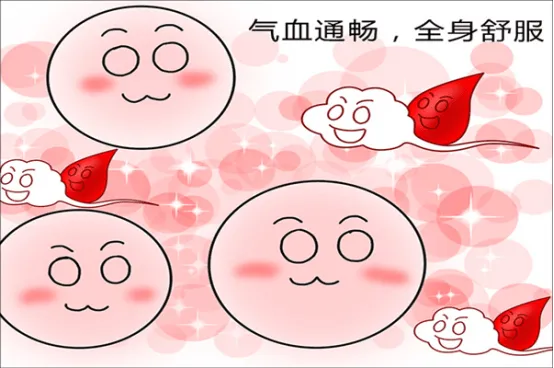
Finally, some foods that are not suitable for individuals with blood deficiency include garlic, ginger, scallions, lamb, dog meat, pig head meat, raw radish, celery, water chestnut, lotus leaf, white wine, mint, chrysanthemum, betel nut and others.
Additionally, individuals with blood deficiency should limit their intake of spicy foods such as chili, cinnamon, pepper, and mustard. Traditional Chinese Medicine believes that excessive consumption of warming foods can easily promote internal heat and harm Yin blood. Strong tea is also not suitable.
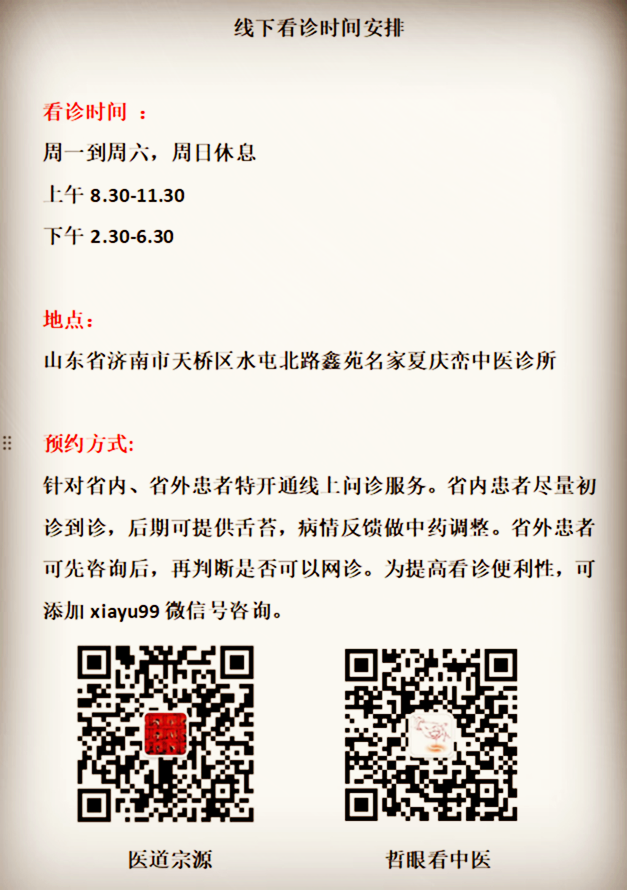
Consultation | Inquiry | Communication
Please click

© Zheyan Looks at Traditional Chinese Medicine

Long press the QR code below to follow us
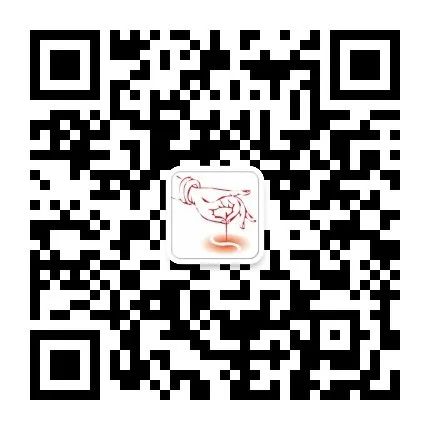

Discussing Medicine and Teaching Principles, Inheriting the Wisdom of Qi Huang
Exploring Depths and Seeking Hidden Truths

Reprint with acknowledgment of the source
Some content is sourced from the internet, copyright belongs to the original author
If there is any infringement, please contact for removal
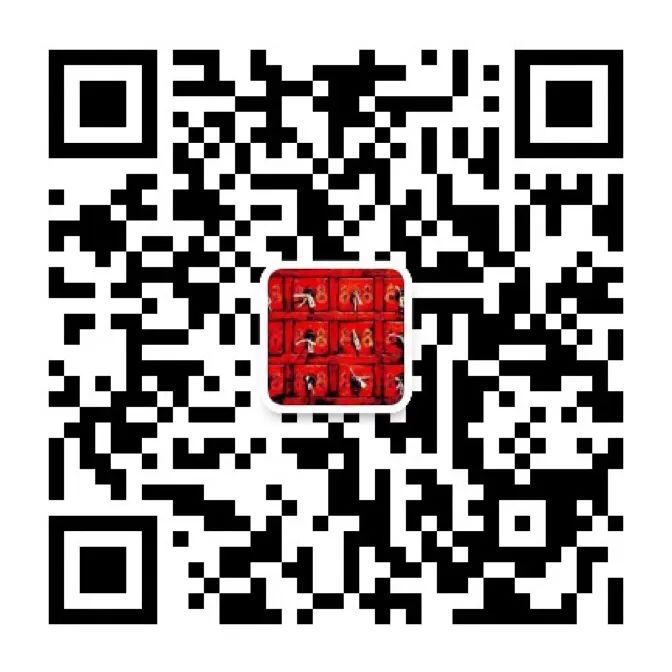
Medical Path Origin
If interested, please click the lower right corner, there is youto see

